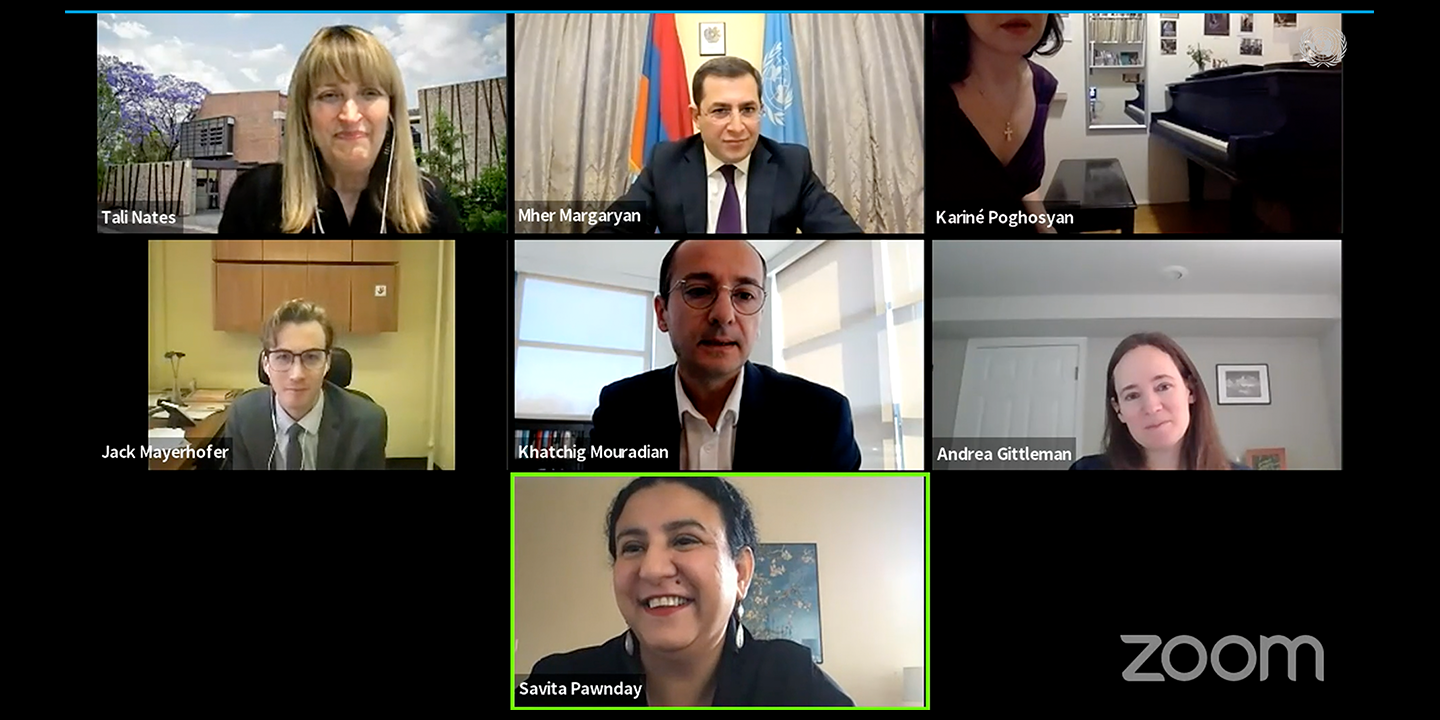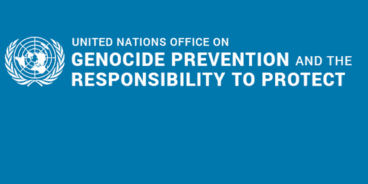
The Role of Education in Combatting Genocide Denial
Genocide denial has proven to be an obstacle to meaningful reconciliation and is detrimental to peace and justice in societies that have a legacy of atrocities. It is not only an attempt to minimize or redefine the scale and severity of the crimes committed, but often contributes to the dehumanization of survivors and victims. It can prevent them from seeking appropriate restitution and disregards the need for psychosocial healing. Some scholars have therefore defined denial as the final stage of a genocidal process.
By systematically negating the facts of history, genocide deniers manufacture doubt, seed discord and mistrust, strengthen contested narratives about the past, present and future, and create conditions that may lead to the recurrence of atrocities. Social media platforms and digital technology are increasingly used to contradict, distort or entirely deny genocides and spread hateful messages that may influence offline violence.
Genocide denial on all platforms, including online, should be addressed and countered. Education can play an important role in preventing genocide denial by providing a forum to recognize and address past atrocities while promoting the knowledge, skills, values and attitudes that can help prevent future identity-based violence. In many contexts, diaspora communities have taken a leading role in combatting genocide denial and advocating for recognition of atrocities committed against their people. They are often better placed to mobilize internationally and create coalitions to raise awareness.
Drawing from unique experiences, this event provided the opportunity for panelists to discuss how education has played a crucial role in combatting genocide denial and the prevention of atrocities.
Speakers:
Video message by H.E. Mr. Ararat Mirzoyan, Minister of Foreign Affairs of Armenia
Opening remarks by H.E. Mr. Mher Margaryan, Permanent Representative of Armenia to the United Nations
Address by Ms. Alice Wairimu Nderitu, Special Adviser of the United Nations Secretary-General on the Prevention of Genocide
Moderator, Ms. Savita Pawnday, Executive Director, Global Centre for the Responsibility to Protect
Panelists:
Khatchig Mouradian, Lecturer in Middle Eastern, South Asian, and African Studies, Columbia University
Taner Akçam, Historian and Sociologist, Professor of History, Clark University
Tali Nates, Executive Director, Johannesburg Holocaust and Genocide Center, South Africa
Andrea Gittleman, Program Manager, Simon-Skjodt Center for the Prevention of Genocide, United States Holocaust Memorial Museum
Jack Mayerhofer, Deputy Executive Director, Auschwitz Institute for the Prevention of Genocide and Mass Atrocities
Musical Performance:
Kariné Poghosyan, Award winning pianist
Related Content
Resolution 55/13 (Prevention of Genocide) A/HRC/RES/55/13
